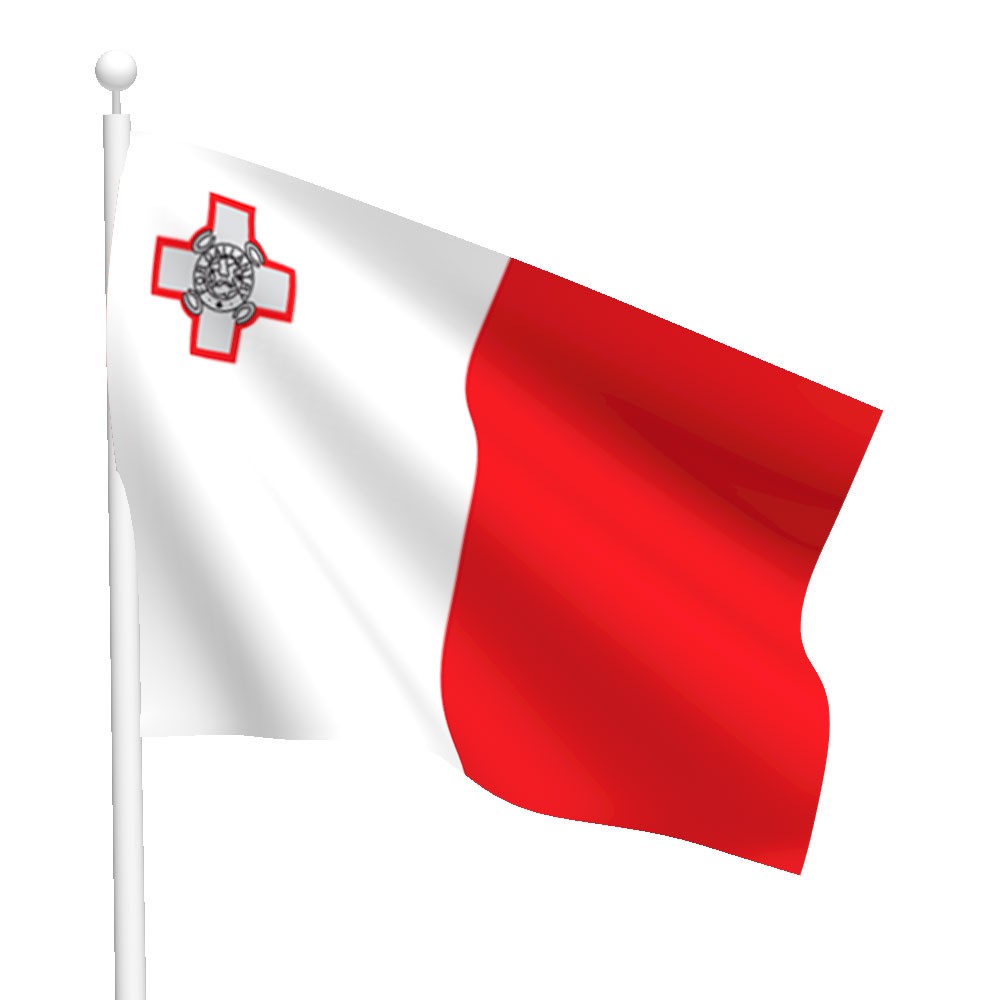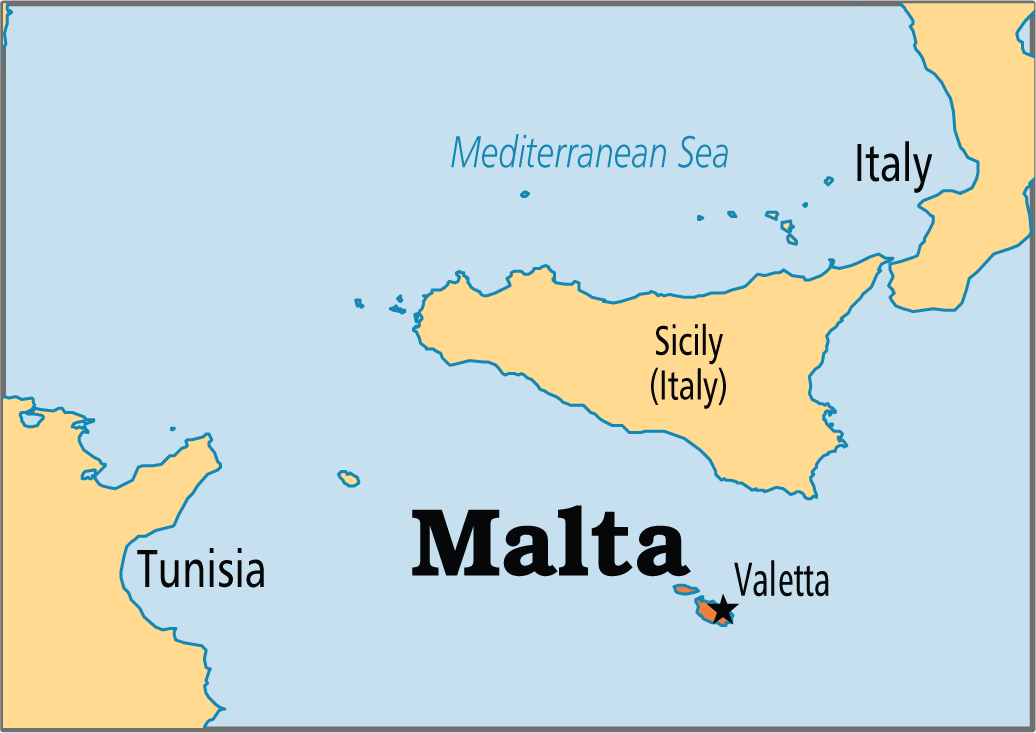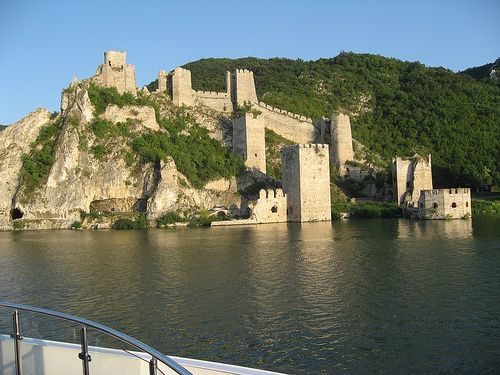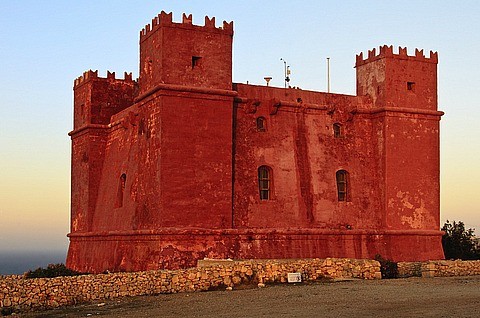
A Malta Trust is regulated by the Malta Trust and Trustees Act of 1989 amended in 2014) [hereafter, the “Act”]. Malta looks upon their trusts as a “legal institute” where ownership of the settlor’s assets are placed in the hands of the trustee for the benefit of others.
Foreigners form Malta trusts for asset protection, tax reductions, and estate planning purposes. The foreign settlor who creates a trust dictates how he or she can control the managements of the assets and distribution of income and upon his or her death to the beneficiaries.
Benefits
A Malta Trust can take advantage of these benefits:
• Foreign Owner: Foreigners can create and control trusts.
• No Taxation: Trust income and distribution of assets to the beneficiaries can be totally tax free.
• No Government Registration: Trusts are not required to register with the government affording complete privacy.
• Settlor Control: The law allows trust settlors to retain powers to add, remove, and replace trustees, beneficiaries, enforcers and appoint professional investment advisers.
• 125 Year Life: The lifetime of trusts can be up to 125 years.
• Asset Protection: The trust’s assets are protected against the settlor’s and beneficiaries’’ creditors and unrecognized heirs.
• Estate Planning: With a lifespan of 125 years, this is a perfect estate planning platform for many generations.
• English: Malta’s second official language is English.

Malta Trust Name
Trusts cannot use the same name or one resembling those used by legal entities in Malta.
A trust’s name must include the word “Trust” to avoid confusion as to its purpose and as being a legal institution.
Reasons for a Trust
Domestic Issues – Avoiding the delays and expenses associated with Malta probate proceedings. Preserving assets until minors reach legal age. Safeguarding the assets in case of the settlor’s or beneficiaries’ incapacity. Distributing assets to the settlor’s heirs without transferring the assets immediately upon the settlor’s passing away.
Taxation Issues – Legally avoid inheritance and estate taxes. Shielding assets from third party creditors. Shifting heavy tax burdens from the settlor to the beneficiaries with more favorable tax burdens.
Investments Issues – Consolidating global investments to be administered and managed by professionals.
Advantages of a Trust
The following are important advantages for creating a trust:
• Greater flexibility in a trust than a testamentary will;
• Establishing conditions for the distribution of assets upon the settlor’s death;
• Efficiently distributing assets to heirs and others;
• Protecting assets from the settlor’s and beneficiaries creditors; and
• Ability to name successor trustees after the settlor’s death in case of trustee’s incapacity, retirement, death, or other reasons.
Formation of a Trust
Trusts are formed by the execution of a Trust Deed which is the constitution of the trust just like Articles of Association are the constitution for a corporation.
Trust are not required to register with the Malta government.
Settlor
The individual who creates the trust and transfers ownership of properties to the trust is called the “settlor”.
The Act’s 2014 amendments provided the ability for settlors to reserve powers in order to appoint, remove, and add trustees after creating the trust. In addition, settlors could also add or remove beneficiaries and enforcers or appoint investment managers and advisers without jeopardizing the validity of the trust. This prevents claims against the trust being a “sham” due to reserved powers for the settlor to modify the trust after its creation.
Trustee
The “trustee” is the individual or legal entity who accepts the transfer of property ownership in order to hold for the benefit of the beneficiaries as described in the trust deed.
The 2014 amendments to the Act clarified the process for appointing a new trustee in case of the insolvency, retirement, voluntary resignation, or death of the trustee.
In addition the amendments also require that trustees maintain a minimum capital of 15,000 Euro for their trust services companies. An insurance policy covering negligence and other trustee services liabilities is mandatory for trustees.

Beneficiaries
The persons who are entitled to benefit from the trust are called the “beneficiaries”. The 2014 amendments to the Act established that beneficiary’s rights are “personal” which cannot be transferred by inheritance to the beneficiary’s heirs unless the trust deed allows it. This prevents an heir to a beneficiary from filings a claim against the trust for entitlement unless the trust deed allows it.
Enforcer
The 2014 amendments to the Act introduced the “enforcer” for charitable trusts.
In the case of non-charitable trusts, the beneficiaries can assume the functions of an enforcer. An enforcer ensures that the trustee manages the trust as the trust deed dictates and promoted the best interests of the trust.
Trust Deed
The document setting forth the terms and conditions of the trust and transferring ownership to the properties to the trustee who administers the trust on behalf of the beneficiaries is called the “trust deed”.
This deed sets forth the specific funds, properties, and other assets which makes up the initial transfer of ownership which are called the “trust fund” or the “trust settlement”.
The trust deed separates the legal and beneficial ownership in the following manner. Legal ownership belongs to the trustee while beneficial ownership belongs to the beneficiaries.
Duration of Trusts
The Rule Against Perpetuity was removed in favor of a 125 year trust lifespan.
Auditor
Auditors of trusts must report to the Malta Financial Services Authority (MFSA) any irregularities found during audits. This includes and breaches of irregularities by the trustees in relation to their legal and regulatory obligations.
MFSA
The Malta Financial Services Authority (MFSA) has the authority to take action against any trust to protect the public’s interests. The MFSA can require trustees to perform specific acts and can appoint professionals to provide advice to trustees regarding their conduct towards their trusts. In addition, the MFSA has the power to take over the assets of a trustee and manage them in the public’s interests.
Taxes
Trust income derived solely outside of Malta and all beneficiaries re non-residents of Malta and the assets are not located within Malta are exempt from corporate and income taxes.
Public Records
Since trust do not have to register with the government, there is total privacy with no public access to their records.
Time to Form
Depending upon the speed of the trust deed preparer, trusts can be formed in one day.
Conclusion
A Malta Trust can enjoy these benefits: 100% foreign ownership, settlor’s control, no taxes, privacy, fast formation, asset protection, estate planning, and English is the second official language.


